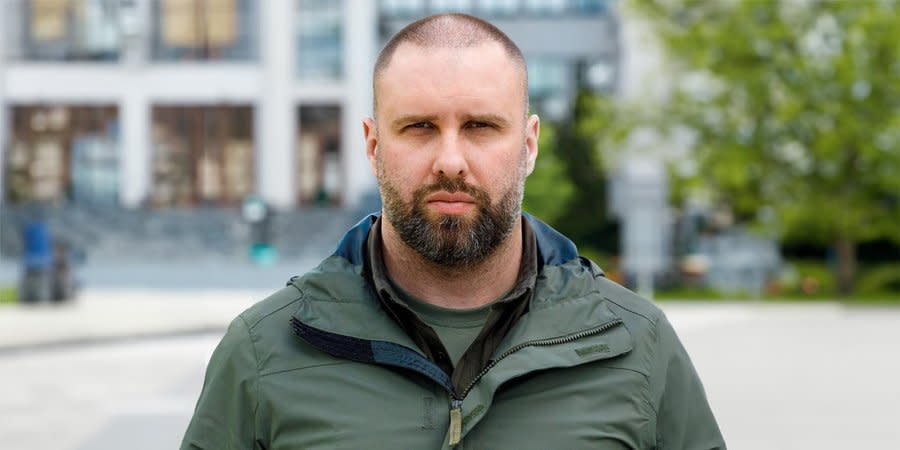How Kharkiv's 1.3 million citizens stay strong amid relentless Russian attacks - Kharkiv Governor speaks to NV

Russia has pummeled the northeastern Ukrainian city of Kharkiv with near-daily mass missile and drone attacks over the past few months, making life miserable for its residents.
Kharkiv Governor Oleh Synehubov spoke with NV about how the people of Kharkiv are coping.
Some industrial enterprises remain operational, though they experience interruptions, he said.
Supermarkets and restaurants are open, there is electricity, and the subway continues to work, though with longer intervals.
Most importantly, Synehubov said, a significant part of Kharkiv's population - some 1.3 million people - remain in the city.
Russia has significantly stepped up its attacks on Kharkiv. How is the city coping? What changed in March-April?
"About 20 settlements in our oblast are indeed under the attack of guided air bombs, artillery, tanks, mortars - depending on the settlement and how close it is to the border or the frontline," Synehubov told NV.
"We see that the enemy has somewhat reduced its offensive actions near Kupyansk; it has replaced some units, rotated [others], redeployed [others]."
"Russia has also intensified attacks on civilian infrastructure. Vovchansk was fired on all day on April 18, for instance. More than 15 private homes were destroyed, a high-rise building was destroyed. The village of Liptsi in oblast’s north, the settlement of Borova, and the areas of Izyum and Kharkiv are constantly under fire."
"When the enemy launched a massive missile attack on our power system at the end of March, it marked a new page of this war for us and a new challenge for Kharkiv Oblast," he said.
"We lost our ability to generate power. We have seen emergency blackouts ever since, as the power grid cannot manage the required voltage."
"New challenges arise when the enemy does not stop after a missile strike, for example, when they send a massive drone strike (in a following second wave - ed.) afterward."
"We haven't seen massive migration from the city," Synehubov said.
"On the other hand, we've seen increased enemy PSYOPs (psychological operations) for several days in a row. Russia pushes its narratives of forced evacuations, the risk that they might occupy Kharkiv or seize the territory of Kharkiv Oblast - all under the guise of official information from state bodies, they even pass it off as official notifications from our State Emergency Service."
"We must fight this and explain to people to check their sources and only trust Ukrainian mass media."
Regarding the power outages you mentioned before, how many hours a day are people without power now?
"We can talk about 2-3 hours per household, so far," said Synehubov.
How is the water supply?
"There are no issues with the water supply," Synehubov said.
"Even when we had, let's say, blackouts longer than 15 hours, there was still water. There are certainly questions about (the supply of) hot water because our heat generation facilities were damaged."
"Restoration works are still ongoing and only later will we be able to understand when people might be able to expect the supply of warm water to their homes."
Read also: At least $10 billion needed to rebuild Kharkiv, mayor says
We’re bringing the voice of Ukraine to the world. Support us with a one-time donation, or become a Patron!
Read the original article on The New Voice of Ukraine

